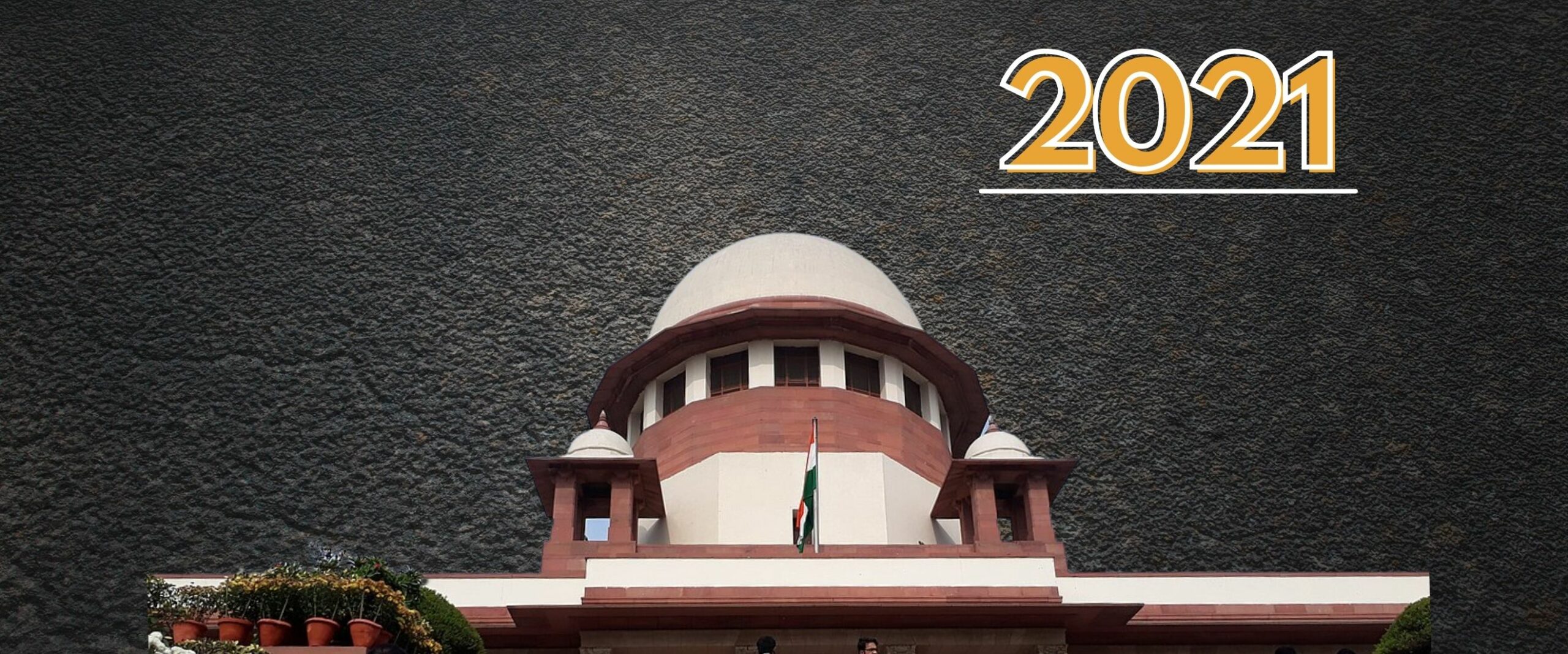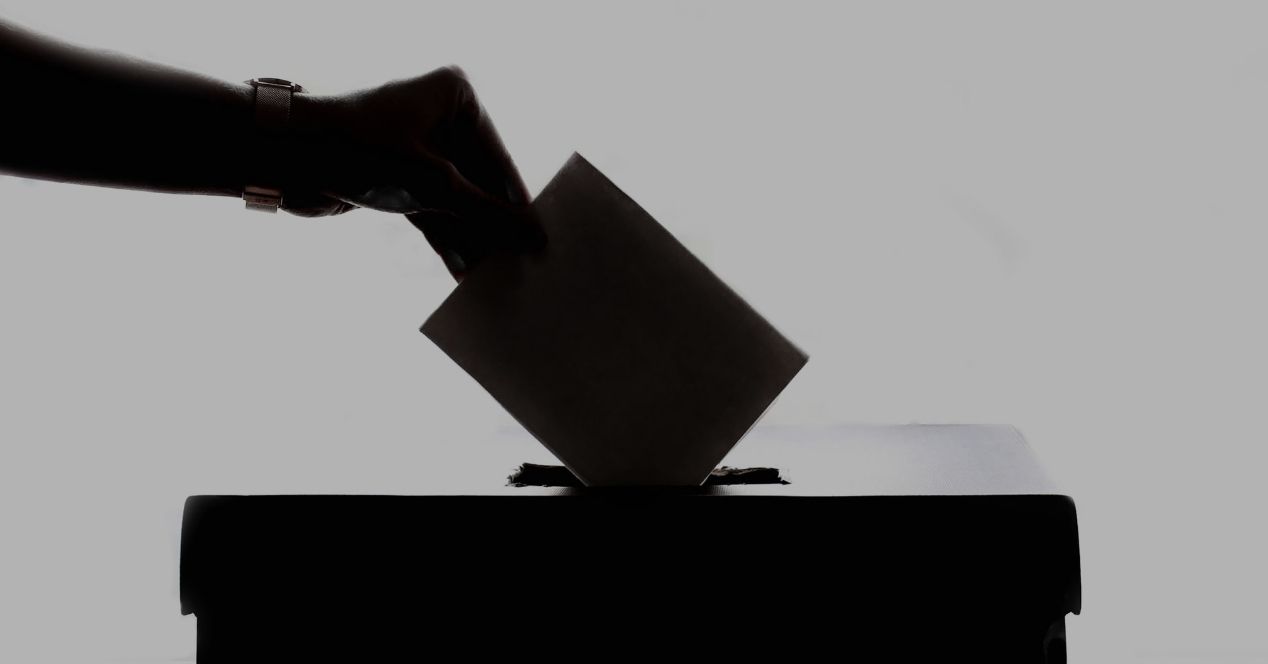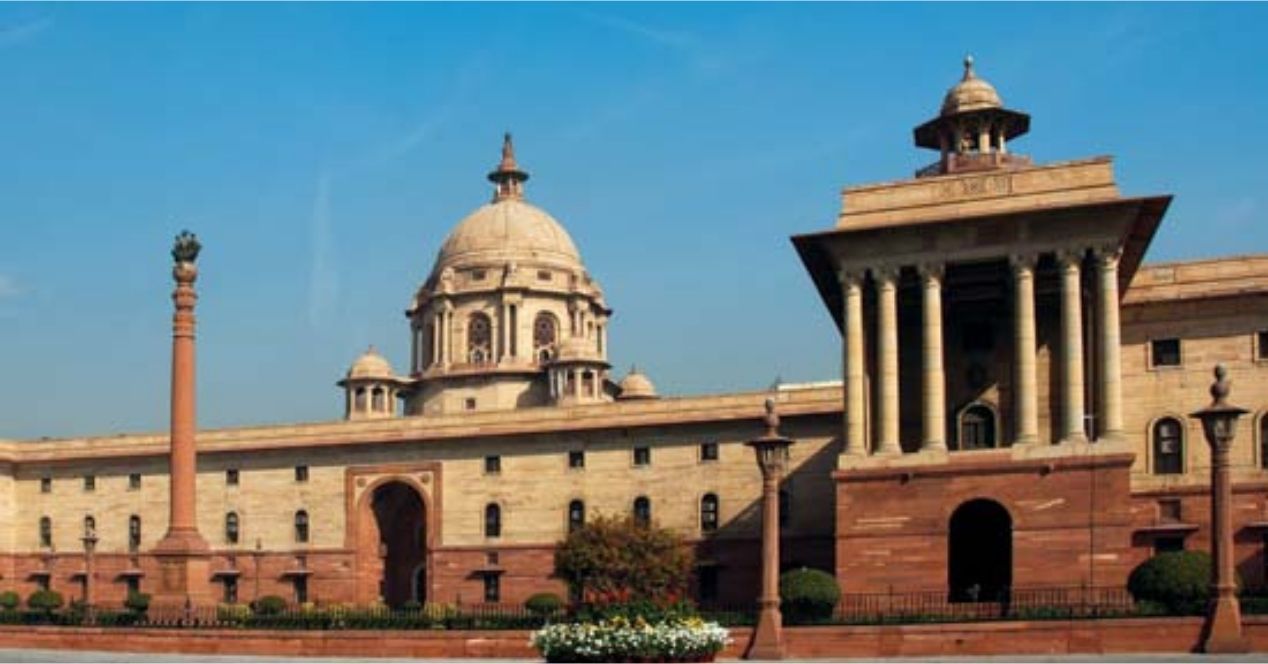Analysis
Key Supreme Court Judgments 2021
We review the SC's most significant judgments in 2021.

In 2021, the Supreme Court issued 865 judgments. In a series of posts, we review the most important judgments organised around eight important themes.
2021 was a decidedly atypical year at the Supreme Court of India. The first quarter of the year witnessed a tentative return to normalcy. However, the calamitous second wave of the pandemic hit the nation in April, impacting the Court’s functioning and exacerbating its pendency problem. The same month saw Justice Ramana assuming the office of Chief Justice after Justice Bobde’s 18 month term.
Through the year, the Court answered key constitutional questions on issues as diverse as equality, freedom of the press and legislative competence, all while grappling with its long-standing pendency problem. The Court is currently operating in a hybrid format and is left with a record 69,555 pending cases. The Court will wade into uncharted territory in 2022, tasked with a pendency problem of staggering proportions while simultaneously being called to resolve several pressing questions.
The SC issued key judgments furthering its equality jurisprudence. The Court held that a case by case assessment is required to decide reasonable accommodations for persons with disabilities. Recognising the disparate impact of seemingly neutral policies on women, the Court emphasised that a common playing field is not enough to offset inequality and that policies must ensure equality in a substantive sense.
Finally, the Court stressed the need for an intersectional approach in sentencing, acknowledging that persons may be marginalised through the intersection of identities such as gender, caste and disability.
1. Vikash Kumar v Union Public Service Commission (UPSC)
2. Lt. Col. Nitisha and Ors. v Union of India
3. Patan Jaman Vali v State of Andhra Pradesh
Reservations continued to remain front and centre at the SC this year, with the Supreme Court emphasising the salience of non-discrimination in public education and employment. The SC recognised that persons with disabilities have the right to reservations in promotions. It stressed the importance of empirical data in guiding reservation policies, and curtailed States’ powers to identify classes for reservations.
4. State of Kerala v Leesamma Joseph
5. Jaishri Laxmanrao Patil v Chief Minister, Maharashtra
This year, the Court discussed bail provisions under the widely criticised Unlawful Activities (Prevention) Act. The Court held that excessive delay in granting bail was a violation of the Right to Life. It further clarified what courts granting bail must look into when considering if an accusation is prima facie true.
6. K.A. Najeeb v Union of India
7. Thwaha Fasal v Union of India
The SC repeatedly invoked the freedom of the press as a key democratic value. The Court addressed the petitions filed before it regarding the Union Government’s use of the Pegasus surveillance software. It issued an Interim Order setting up a Technical Committee to conduct a probe. The year also saw the Court invalidating an FIR against the late journalist Vinod Dua for sedition as it shined a spotlight on the value of press freedom in a constitutional democracy.
8. Manohar Lal Sharma v Union of India
While highlighting the importance of free and fair elections to a constitutional democracy, the Court directed States to ensure that only independent persons shall be appointed as Election Commissioners.
10. State of Goa v Fouziya Imtiaz Sheikh
The Court began the year by adopting a more deferential approach in policy matters vis-à-vis the Executive, clearing the Union Government’s Central Vista Redevelopment Project. From April onwards, it began to tread more proactively into the realm of policy-making to provide relief from the second wave of the COVID-19 pandemic.
11. Rajeev Suri v Union of India
The Supreme Court dealt extensively with the scope of the powers of Parliament and State Legislative Assemblies in 2021. It recognised Parliament’s power to categorise the Aadhaar Act as a Money Bill. In a different case, it emphasised that the Union government had limited power to legislate on items in the State List through constitutional amendments.
The Court stressed the importance of the privilege exercised by committees set up under State Legislative Assemblies, recognising that the power to issue summons is an integral part of their inherent powers.
12. Beghar Foundation v Justice K.S. Puttaswamy (Ret’d)
13. Union of India v Rajendra Shah
14. Ajit Mohan v Legislative Assembly of NCT Delhi
The Court highlighted the key role of tribunals in alleviating the burden on the judiciary. The Court struck down certain provisions of the Tribunal Reforms Ordinance that interfered with the independence of tribunals. Upholding the NGT’s exercise of its suo moto powers, the Court invoked the NGT’s role in safeguarding the constitutionally guaranteed Right to Life.
15. Madras Bar Association v Union of India
16. Municipal Corporation of Greater Mumbai v Ankita Sinha
While the Court engaged with a range of important questions in 2021, many related questions remain unanswered.




